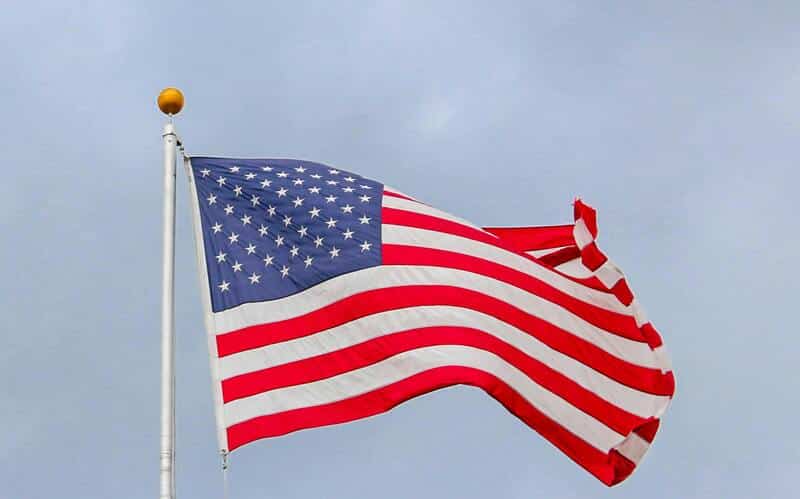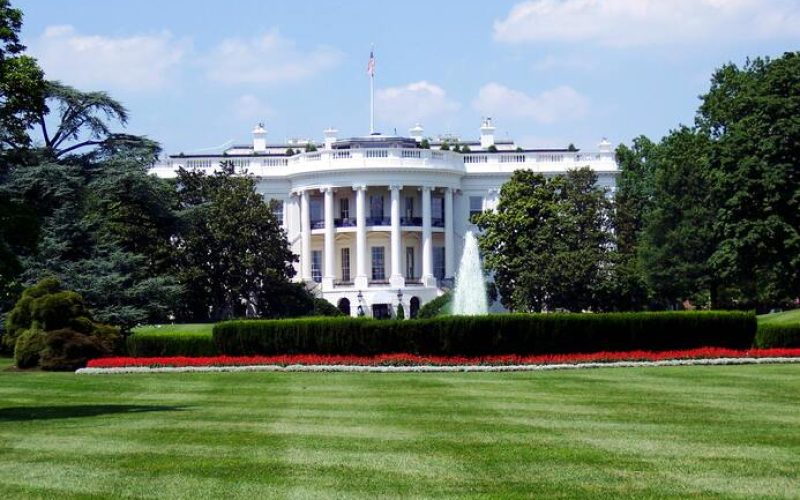The previous President of the USA, Bill Clinton, in the book “Citizen: My Life After the White House,” reflects on the presence of such a most elevated man and his leaving the room of authority. He becomes an average citizen who allocates his remarkable thoughts over a series of crucial events that have developed in the mid-21st century. It investigates the attacks of 9/11 on the world of politics portrayed by the Iraq War and the disaster of the Haiti earthquake to the serious monetary emergency of the Great Recession. It additionally examines the worldwide coronavirus pandemic to the shocking overthrow of January 6. Clinton’s story is one of versatility, initiative, and hounded administration for public purposes.

Citizen is a work of more than a simple chronicling of occasions; it is a profound assessment of how he could proceed to shape and add his impact on the world scene. He connects with himself to take on probably the best issues while recognizing his status as a world chief. This story gives readers an eminent view of the ex-president’s life as Clinton explores post-White House years. His reflective remarks give the reader a deeper sense of the difficulties and accomplishments that have marked his life post-presidency.
Post-Presidental Challenges
Clinton’s post-presidential stretches were far from a retreat from the public eye. “Citizen carefully describes his job in the major worldwide events and emergencies that happened during his leadership, including the fallout of 9/11, the Iraq War, and the earthquake. Clinton discusses his struggles to assemble help, bring issues to light, and support the people in question and impacted networks. His story tells the difficulties and obligations of an ex-president still dedicated to worldwide worries.
Economic Advocacy
One defining post-White House real factor in Clinton’s presence must be his relationship with the economy. “Citizen” offers deep knowledge of how he responded to the Great Recession and supports measures taken to relieve it financially. His expertise in economic matters enabled him to contribute relevant knowledge and support to various measures aimed at financial recovery. He connected effectively in discussions, teamed up with administrators, and worked with philanthropic associations to address the fundamental reasons for the recession.
Crises And Efforts
Clinton has been firm in his battle against sicknesses like HIV/AIDS, malaria, and, most as of late, the pandemic of coronavirus. This makes Clinton’s post-administration inheritance stand apart for medical problems and compassionate exercises. His association, the Clinton Health Access Initiative (CHAI), has assisted a great many individuals all over the planet with accessing reasonable medical care and life-saving prescriptions. “Citizen” highlights the requirement for worldwide well-being programs and composed endeavors to diminish well-being imbalances. Clinton’s accommodations in these problems highlight the basic job that ex-presidents can play in propelling general well-being.
Civic Engagement
Clinton writes sagely in “Citizen” regarding the state of democracy and civic actions in the 21st century. He explores the problems that have been created by political polarization, populism, and the perils of Democratic institutes. His records of the January 6 insurrection and its fallout are particularly poignant, highlighting how delicate democracy is! Clinton’s story becomes a source of inspiration for residents on the most proficient method to effectively engage with the political cycle. His perspectives make the readers committed to securing and sustaining democratic institutions for ages.
Final Thoughts
“Citizen” plunges into fantastic post-presidential experiences. The author takes a step back and looks at their time in the White House, emphasizing those moments that have impacted their perspectives on leadership, accountability, and public service. The book gives one an idea of the challenges and pleasures experienced as one leaves the nation’s top office to live outside of government; this is coupled with reflective insights about personal growth, social impact, and the enduring legacy of an administration. Candid experiences and serious observations underscore an imperative to stay committed to public service and make important contributions outside of politics.








